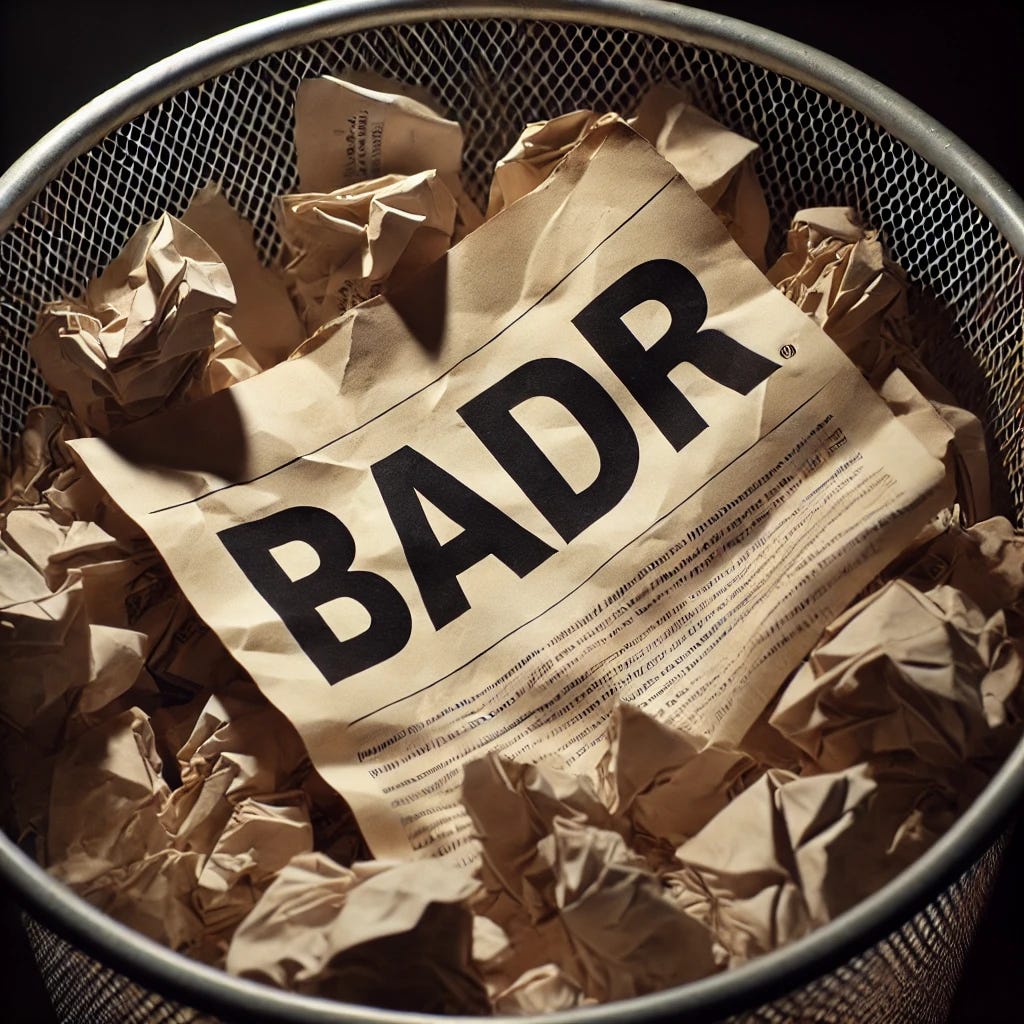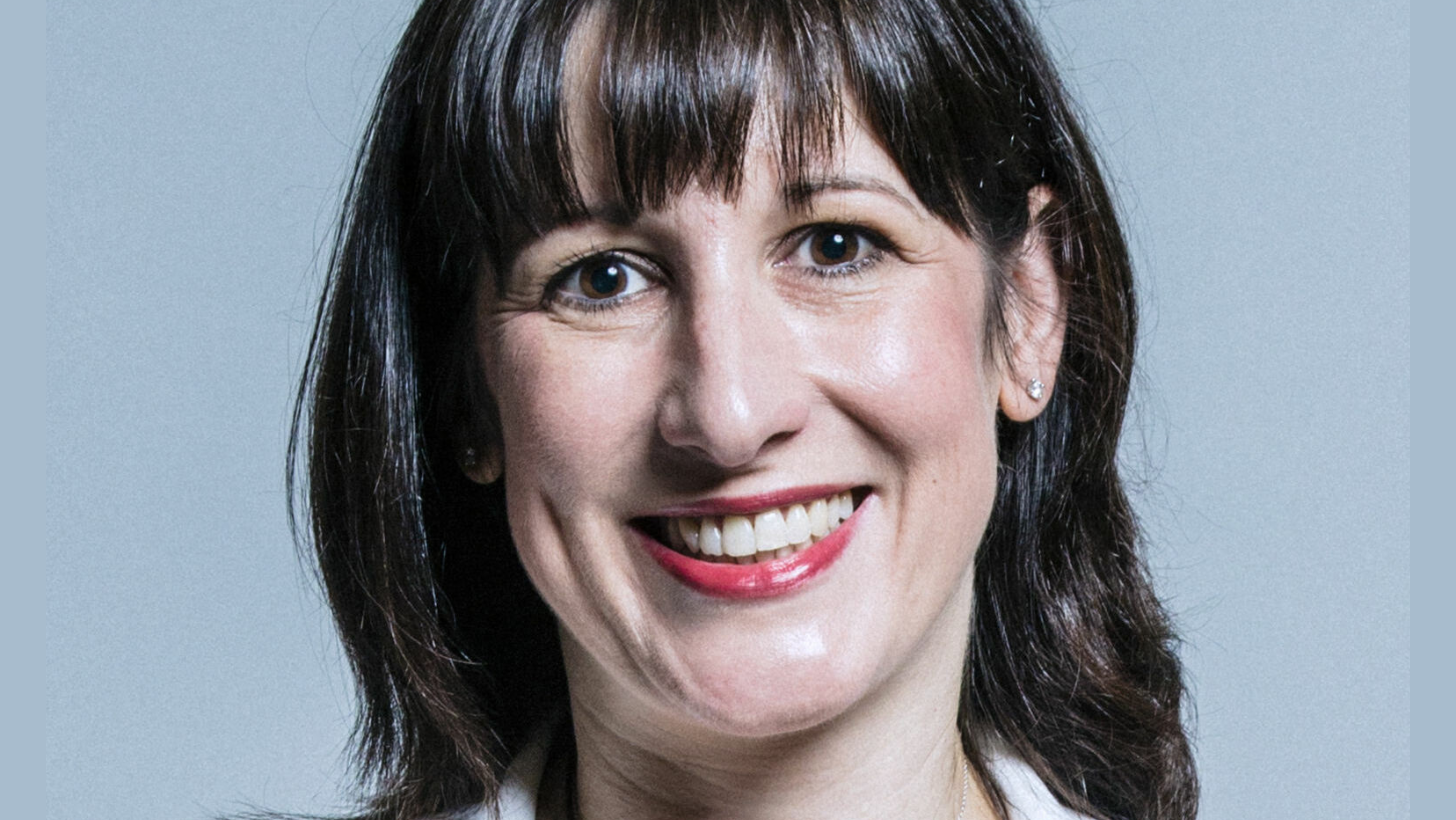The two-child benefit cap is indefensible. It's got to go.
There is no excuse to retain Osborne's performative cruelty. Even electorally, keeping it can only alienate any Tories who might yet vote Labour—and it makes no social, moral or economic sense either.
If you live in the UK, it is very likely that at some point today, you passed by a child in deep, Dickensian poverty. Over 3 million children - a quarter of the total of young people under 16 - are considered poor in the UK. This isn’t because the government can’t afford it. The UK is still one of the wealthiest countries in the world. It’s because a chancellor blinded by ideology - George Osborne - decided to try to cap how many children poor people should be having. We’re now faced with the spectacle of a chancellor who surely knows better - Rachel Reeves - fighting tooth and nail to keep the cap in place.
The two-child benefit cap - which directly affects one in every 9 children in the UK, but indirectly affects many more - means, basically, that the state stops paying child support after two children. Why? Because. It’s as arbitrary as it sounds. It doesn’t make any financial sense - it saves money in the short run but ends up costing many times more in the long. It only makes political sense if you think that having too many poor people means they need to procreate less, because you shouldn’t have kids if you can’t afford them.
The Lead is a reader-supported publication. Please help us keep our reporting and analysis independent by subscribing - or upgrading to paid if you are already subscribed, to get access to exclusive content, conversations with our writers and editors, and more.
But as well as being odious, this kind of thinking obviously doesn’t work in practice. As single mom of three put it in a recent Guardian op-ed, all it means is that families of four need to get by on money meant for three. This, in turn, means that it’s not just the third child who is affected, though this would have been bad enough. It means that the entire family suffers: the siblings get less of the family’s strained resources, the parents have to work longer hours or find several precarious jobs. Family life becomes more tense. Education for all the children in the family suffers, because we know that atmosphere and support at home is more important than almost any factor, including ostensible quality of schooling, in determining a child’s personal and educational development. This, in turn, means social mobility is impaired, and likely is not, yet another generation is condemned to poverty.
As in every other application of the deeply offensive notion that Britons need to be weaned off benefits and (often literally) starved into seeking employment, the two-child benefit cap doesn’t alleviate poverty; it perpetuates it.
The cap might save the government £4.3 billion a year, which sounds like a lot. But raising the basic rate of income tax by half a penny would plug that hole without any of us feeling the worse for wear. Or, if you want to be more specific - as our publisher Mike Harris wrote on Thursday - you could cut the Business Asset Disposal Relief, a little-known tax break for entrepreneurs. If you sell your business tomorrow, you - individually - could qualify for up to £1m low tax relief. Why? Because. There is no proof this benefits the economy in any way. But scrapping this obscure tax break could raise more than enough money to keep millions of children out of poverty - and save so much money on dealing with the repercussions of that poverty throughout their lives.
These are just two examples. There are many, many more. But ultimately, the choice is political. It’s a symptom of the new government trying to fit a square peg into a round hole - govern ambitiously for the future while clinging to the political frameworks of the past. It’s a signal trying to appeal to middle-of-the-road Conservative voters who see poverty as personal failures and are haunted by overblown outrage headlines about benefit frauds.
And this, too, is a reductive view of Conservatives voters, and a poor choice of target audiences. It locks Labour into chasing the harder right, instead of appealing to much more sensible ones, who are also appalled by the retention of this policy. Because if we’re after broad coalitions, it’s hard to get them broader than the coalition forming to scrap the two-child benefit cap. Onward, the new right-wing think tank that boasts recent Tory leadership contenders and Downing Street advisers among its members, wants to scrap it. The Labour Left want to scrap it. The SNP and Lib Dems want to scrap it. Mumsnet wants to scrap it. It’s actually hard to find a significant constituency - especially a constituency of relevance to Labour - that doesn’t want to scrap it.
And anyway, it would be a mistake to pin crucial decisions now on an election that could be as many as five years away. Labour won a very recent election by a huge majority. Keeping the cap risks defining the limits of their ambition and the ceiling of people’s expectations of them for the remainder of the term. But it also needs to be scrapped for an even simpler reason: because the children who’ll be impacted by Labour re-endorsing the cap for another year don’t deserve it. For the economy, it simply won’t matter if the cap is removed this year or next. For thousands of British children, the cap staying would be the missed opportunity of a lifetime.
As The Lead, we're calling on our readers to sign our petition to Rachel Reeves to scrap the cap in the budget next week.
The Lead is now on Substack.
Become a Member, and get our most groundbreaking content first. Become a Founder, and join the newsroom’s internal conversation - meet the writers, the editors and more.




